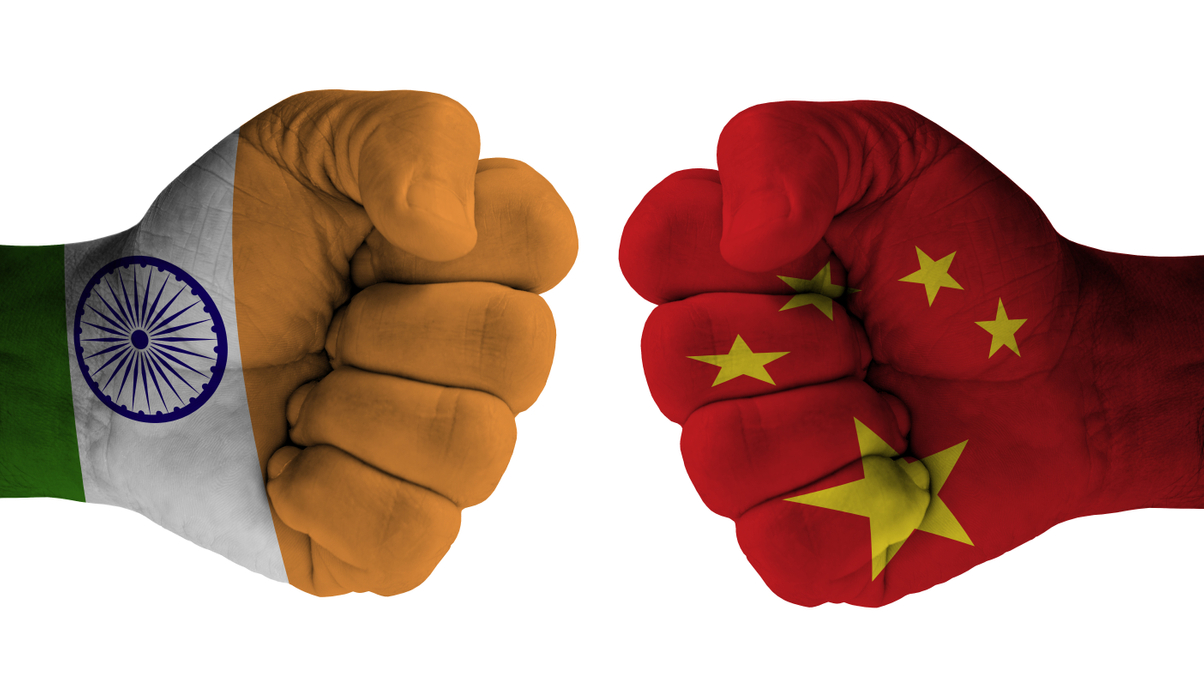China’s MSCI-fuelled gains may be India’s loss
The Chinese and Indian equity markets could be heading in opposite directions as the former becomes more accessible to foreign investors and the latter less so.

MSCI's detailing this week of the individual Chinese stocks that will be added to the MSCI Emerging Markets Index from June 1 has put the spotlight not just on China but also on regional economic rival India, albeit for the wrong reasons.
Sign in to read on!
Registered users get 2 free articles in 30 days.
Subscribers have full unlimited access to AsianInvestor
Not signed up? New users get 2 free articles per month, plus a 7-day unlimited free trial.
¬ Haymarket Media Limited. All rights reserved.


